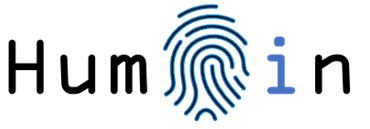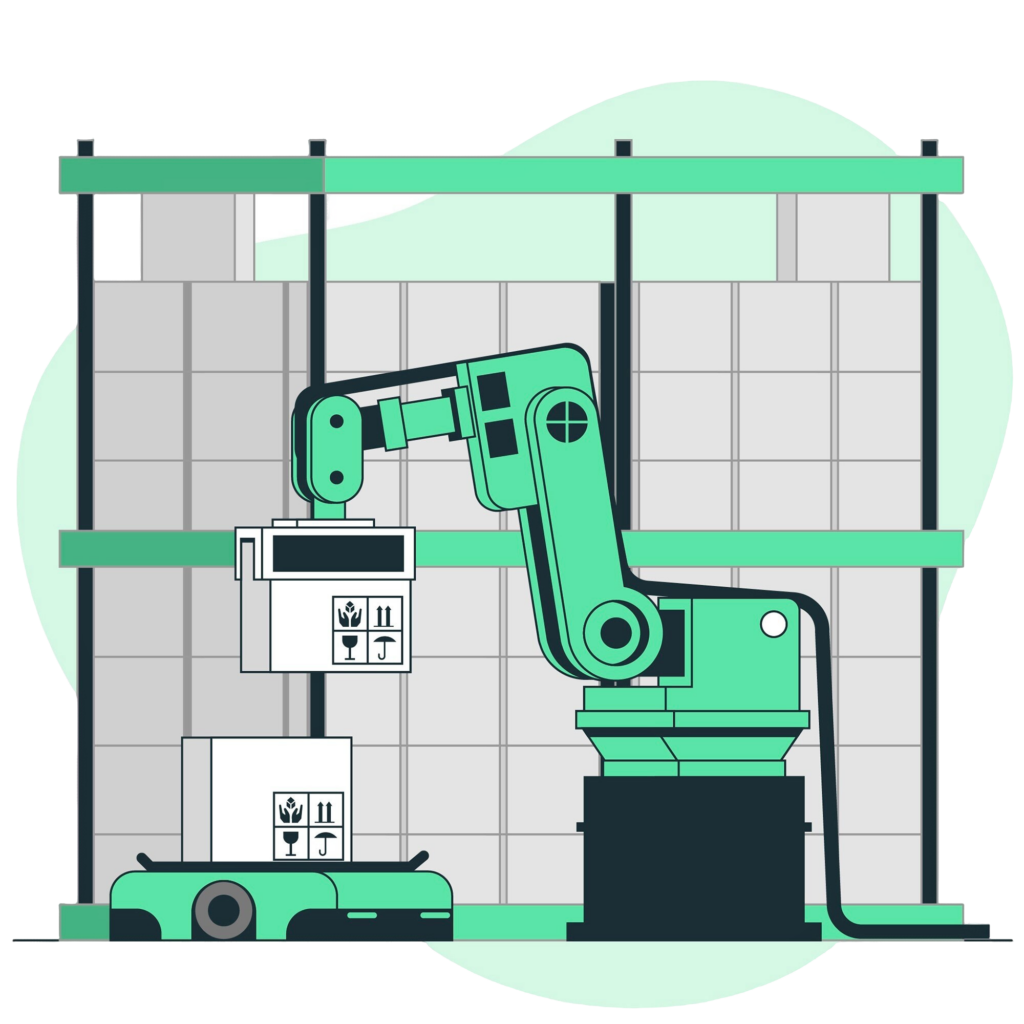Artificial intelligence (AI) is no longer the stuff of futuristic fantasy; it has become a tangible part of our everyday lives. From personalised recommendations on streaming platforms to optimising logistics processes in a factory, AI is everywhere. What’s interesting is that it’s not just making our lives easier, it’s also transforming industry.

In the HUMAIN project, where we are working with companies such as BAMA and CENTUM, we are taking AI to the next level. Imagine a factory that can anticipate problems before they happen, thanks to data-driven predictive systems. Or robots working alongside humans to efficiently pack and palletise products, even if the boxes are of different sizes. It’s like switching from a manual to an automatic car!
But this is not science fiction. We are researching and developing artificial intelligence algorithms that turn vast amounts of data into intelligent decisions, computer vision systems that see beyond what the human eye can see, and machine learning-based predictive maintenance solutions that save time and money. AI acts as a strategic brain that optimises every aspect of the process, from production to logistics. The result? More sustainable operations, less waste and smarter factories.
These kinds of projects don’t just benefit large companies. They also have a direct impact on our lives. Think about it: every time you buy something online and it arrives on your doorstep in record time, there is probably an AI system behind it that has optimised every step of the process. From packaging to delivery.

In the HUMAIN project consortium, we are excited to be part of this revolution. It’s not just about making machines work faster, it’s about integrating disruptive technologies that put people at the centre of the process. After all, AI is a tool: it’s how we use it to improve our everyday lives that matters.
Are we ready to embrace this industrial revolution? The answer lies in every click, every purchase, and every robot working hand in hand with us.
- Artificial Intelligence: Driving the next industrial revolution - 16 December 2024
